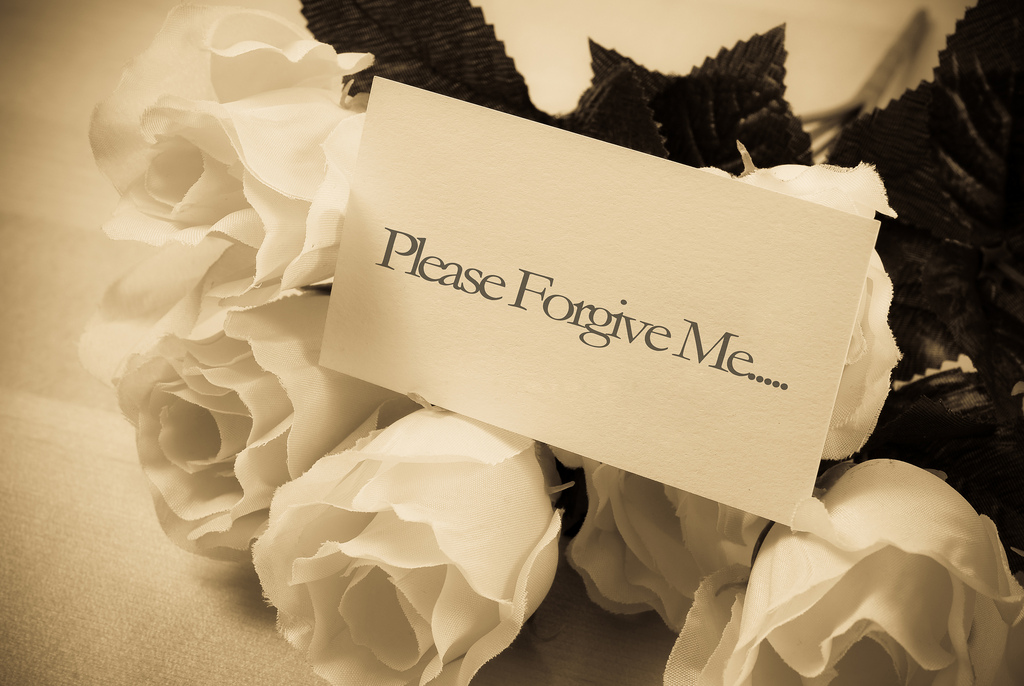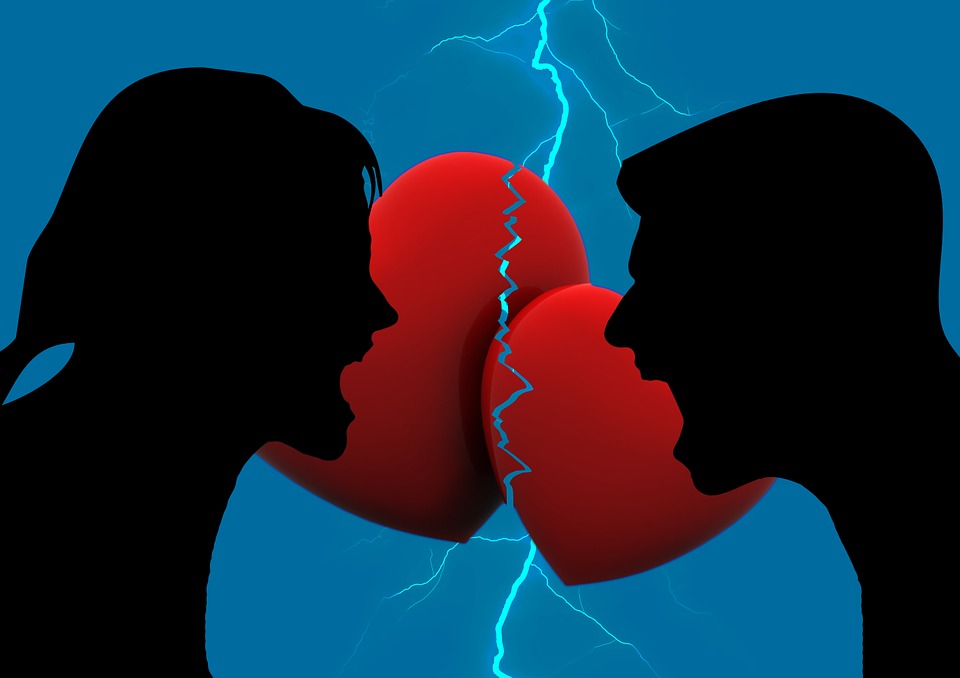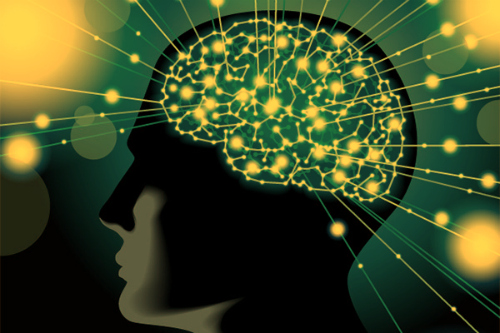
In an economy that has been reeling in double digit unemployment and unending home foreclosures, the last thing you would expect is that last year we spent a collective 50 billion dollars on our pets. Even more surprising is the fact that this figure represents an 8 billion dollar increase in the last 3 years, during one of the worst US economic downturns.
Pet Care Costs
It is easy to imagine that this information must be a mistake as this represents more money now being spent on pets in the United State than the gross national product for all but 64 countries around the world. A staggering 25 billion of those dollars was spent on pet health care and medicines. These are out of pocket dollars for services not covered by insurance. Maybe the healthcare reformers could learn a thing or two from this data.
Over the last 5 years, pets have grown in popularity, and so has the value we place on them. The 2011 American Pet Products Association (APPA) survey reported that an astounding 62% of all American households have a pet living with them. Americans have come to view and treat their pets in human terms, providing them with everything from designer clothes and jewelry, gourmet pet foods, corrective dental braces and even plastic surgery to improve a pet’s self-esteem.
Pets With Human Responsibilities
While the pet product industry is doing a brisk business, the majority of pets today share beds or sleeping quarters in their households and are treated as beloved family members. It can even fall to the family pet to hold a family together through difficult times. The shared custody of pets after divorce is now commonplace.
But what fuels our passion to treat our animal friends as humans? What does it suggest about what may be missing in our human relationships that we are ever increasingly treating our animal companions better than our extended family members or even our partners or spouses?
One of my students recently shared that she had given her mother a puppy for her birthday last year. The student did so because she knew her mother and father’s relationship was emotionally distant and, as a result, the mother was away from the home a great deal. She hoped the puppy would keep her around more often and that would help the relational rift of the parents.
At first, the mother didn’t want the pet and looked to place it elsewhere. In a very short time, the pet became the center of the mother’s life. She home cooked or prepared all of the dog’s meals, and she took it for acupuncture treatments every two weeks for a minor leg injury. The dog has a groomer, trainer, nutritionist and is currently interviewing for a doggie play group. The mother was around the home more often but now placed her whole focus and most of her time on caring for the pet.
What about this woman’s relationship with the husband? The student reported that her mother and father are civil to one another but there is no warmth or affection between them, unlike the unconditional and extravagant love the mother lavishes on the pet. Is it safer to love a pet rather than deal with the disappointment, conflicts and hard work of achieving a loving relationship with those closest to us?
Missing Relationships
Am I suggesting that loving our pets is wrong? Absolutely not–my family is blessed with not only a fabulous Maltese canine but also a yard full of llamas, sheep, horses and goats. Our pets are important to us. Pets enhance psychological and physical well being. They love us, heal us and help us live longer.
Numerous studies demonstrate the healing power of pets. A Perdue University study demonstrated that when seniors face traumas or other adversity, the affection received from their pets and the bond between them helps prevent depression and loneliness. Animals provide emotional support, which is an essential component for health and healing. There is a long list of health benefits from the companionship of animals.
But are we going overboard? The American Pet Product Manufacturers Association (APPMA) estimates that this year millions of pet owners will purchase a Valentine's gift for their pet, spending an average of $17 for the gift. Consumers will also spend an average of $6.30 on friends, $4.97 on classmates and teachers, and $3.41 on co-workers. What does this tell us? Maybe that we feel emotionally safer to love our pets or that perhaps it is less work and less vulnerable to love our pets than to develop close relationships with most of the humans we interact with on a daily basis.
Our pets love us unconditionally. They listen to us, don’t complain or express disappointment in who we are. They provide companionship without the politics or agenda of most human relationships. They accept our love and affection the way we to give it and best of all–they happily return it. This is a wonderful thing, if it does not become a substitute for intimate human relationships. Emotional intimacy with others of our breed is critical to good health.
Emotional And Spiritual Intimacy
We are complex beings who require physical, emotional and spiritual intimacy with others. Social networking has become the way we communicate and “do” relationships. These days it is often over e-mail and text messages that we are starting relationships or ending them, sharing major life events–even proposing marriage. The intimate contact with other human beings from even 10 years ago, before the dominance of the internet and cell phones, is being replaced in large part by our pets.
To achieve balance and wholeness in our lives, we need to keep an eye on how we allow technology, and the maddening pace of modern life, to cut us off from one another, create fear and competition that robs us of the beauty and fulfillment of intimate and loving human relationships.
Our pets can be an essential part of the fabric of our lives, but in the end our challenge and our hope is to develop human relationships within which we can share, exchange, empower and enoble one another to make our lives and the lives of others more rewarding and fulfilling.
References:






 Listening to another person lets them know that you value what they have to say and what they think or feel. All people want to be listened to, and sometimes it is the only thing they really want from us. The most precious gift we can give to another person is our full attention – looking at them and sincerely listening to what they have to say.
Listening to another person lets them know that you value what they have to say and what they think or feel. All people want to be listened to, and sometimes it is the only thing they really want from us. The most precious gift we can give to another person is our full attention – looking at them and sincerely listening to what they have to say. 


 Like most healthcare practitioners, I often hear clients discuss their fear of loving or trusting another person after they have been terribly disappointed or hurt in a romantic relationship.
Like most healthcare practitioners, I often hear clients discuss their fear of loving or trusting another person after they have been terribly disappointed or hurt in a romantic relationship.